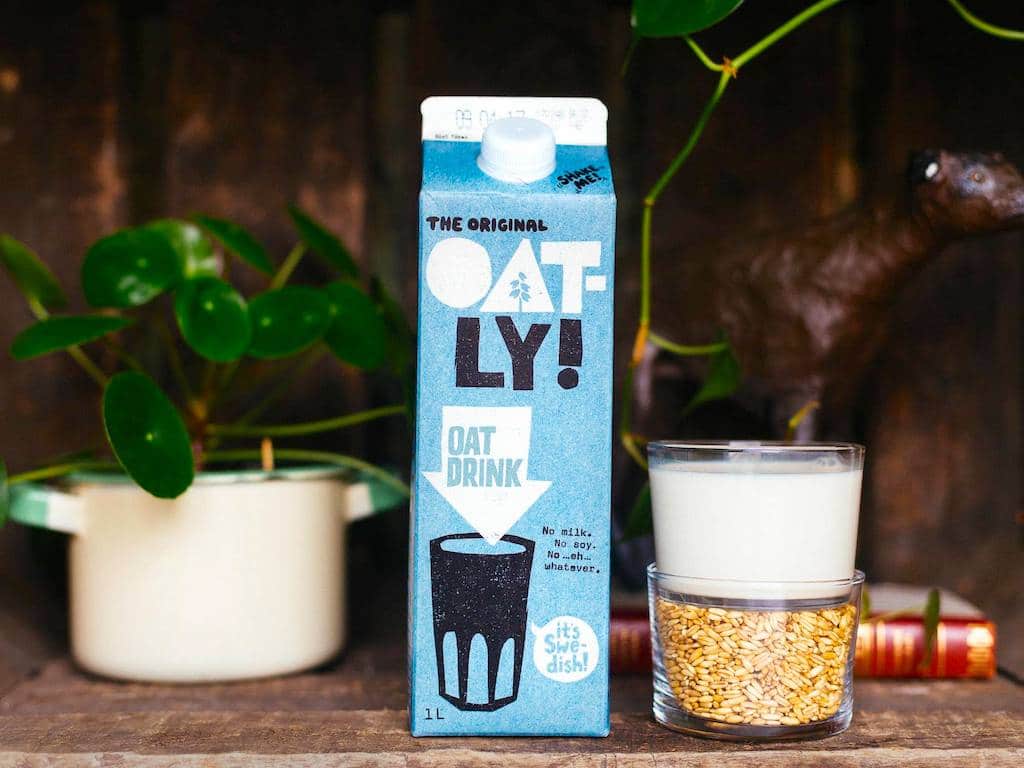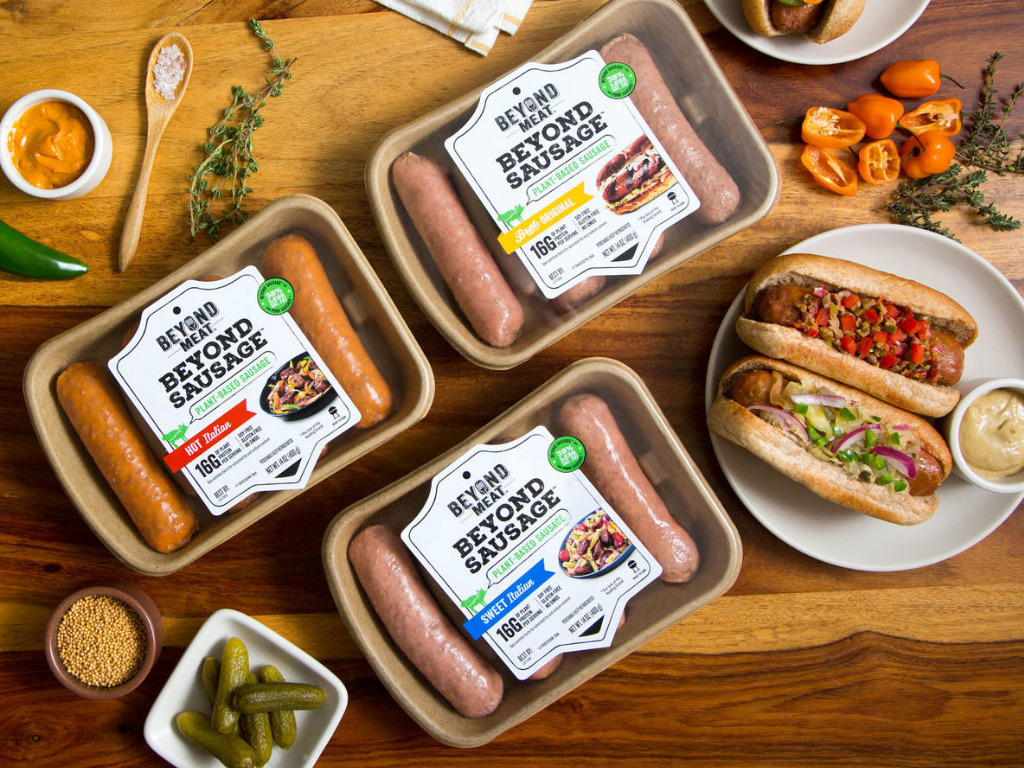2 Mins Read
A new report is the first to look broadly at sales of all plant-based foods, not just animal replacements. The analysis finds more than half of all shoppers are routinely buying plant-based ingredients and products, with fresh fruits and vegetables driving the category.
“More than 40 percent of shoppers at least occasionally eat a meat, dairy or seafood alternative, but dairy alternative sales are more than twice those of meat alternatives,” Steve Markenson, director of research and insights for FMI—The Food Industry Association, said in a statement accompanying the group’s report. “The plant-based foods most likely to be regularly consumed by shoppers are naturally plant-based—fruits and vegetables (75 percent) and beans, nuts, or grains (47 percent).”
What is plant-based food?
According to FMI, the majority of shoppers are confused about the attributes of plant-based food and beverages. Consumers tend to liken plant foods to several key categories including healthy, organic, natural, vegan, and vegetarian.

But those reasons are not necessarily behind purchasing decisions. The research found consumer curiosity is driving experimentation with plant-based food, with Millennials driving the bulk of purchases. The research also found that more than half of the households buying plant-based food have incomes of more than $100,000. They’re also likely to have children.
“Our ethnographic research suggests consumers are seeking out plant-based foods and beverages primarily for both taste and nutrition,” says Krystal Register, MS, RDN, LDN, senior director for health and well-being at FMI. “The food industry has an opportunity to provide guidance and educate consumers on overall healthy eating approaches that include plant-based options in alignment with the Dietary Guidelines.”
The research team worked with NielsenIQ to review sales data, survey consumers retailers, and manufacturers.
Plant-based opportunity
“As the lens of plant-based expands beyond meat and dairy alternatives and we see ‘plant-based’ marketing claims on food and beverage products, the segment is now worth nearly $10 billion,” says Sherry Frey, vice president, total wellness, NielsenIQ.

Frey says the research comes at a “critical inflection point” that will help the industry understand consumers and their drivers around plant-based purchasing decisions. That includes merchandising categories, which has long been an issue for consumers and retailers.
“There’s no consensus among shoppers about where to find plant-based alternatives,” said FMI Vice President, Fresh Foods, Rick Stein,” which demonstrates the opportunity for both cross-merchandising in addition to creative in-store messaging.”
Lead image via Canva



